The current discourse on Lp(a) among many stakeholders across the globe (Medical Societies, Healthcare Professionals, Academics/Researchers, Patient Organisations and Life Sciences Industry) points to the urgent need to encourage a more systematic and structured approach to testing the population, following guidelines, to decrease the overall cardiovascular disease (CVD) risk / prevent CVD from high levels of Lp(a). The EAS Consensus Statement[1] and other guidelines and recommendations[2] underline that everyone should be tested once in a lifetime. An enabling policy environment is crucial for governments to be able to deliver on CVD prevention, health innovation, and to ensure optimal and swift access to preventative therapies for individuals and relatives affected with elevated Lp(a).
Effective identification of Lp(a) levels as an independent and causal risk factor for CVD and management options, including imminent new medicines, will address a clear Unmet Medical Need (UMN), and sustainability of health systems.
To tackle this, FH Europe Foundation embarked on the preparation of an ambitious global strategy and roadmap on Lp(a). In April of 2023, a Core Team was established with the objective of setting up an International Task Force of experts from several different disciplines to contribute to this. This Task Force met for the first time in June and will finalise its work at a face-to-face meeting in the framework of the ESC Congress in Amsterdam at the end of August 2023. The aim is to launch in January 2024 a 5-year project to implement a global strategy and roadmap for Lp(a) testing.
However, a key milestone before that is a Scientific Summit in the framework of the United Nations General Assembly, during which FH Europe Foundation will present the need for much more policy attention to the global burden of Lp(a) and how this can be effectively tackled, to save lives, and also to reduce pressure on overstretched health systems.
To learn more about elevated Lp(a) please visit https://fheurope.org/lp-a/
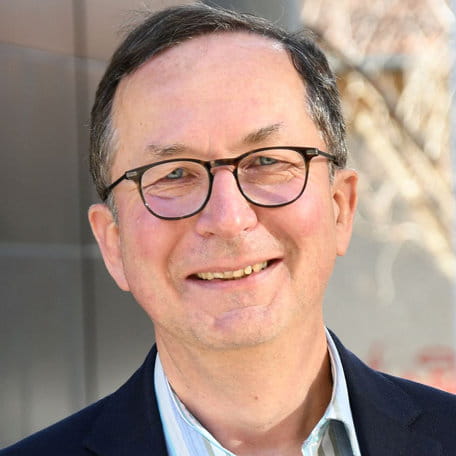
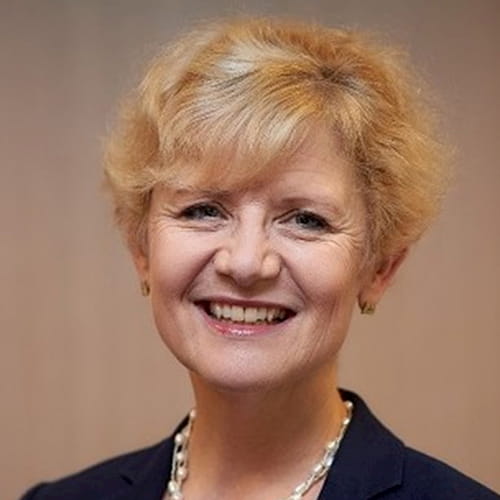
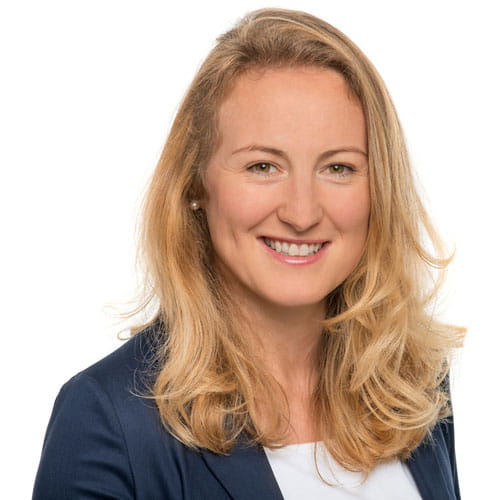
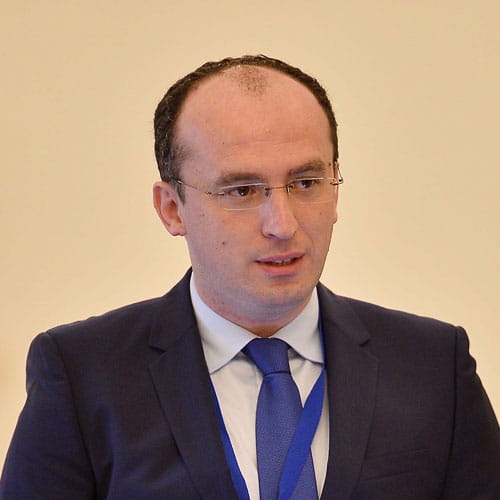



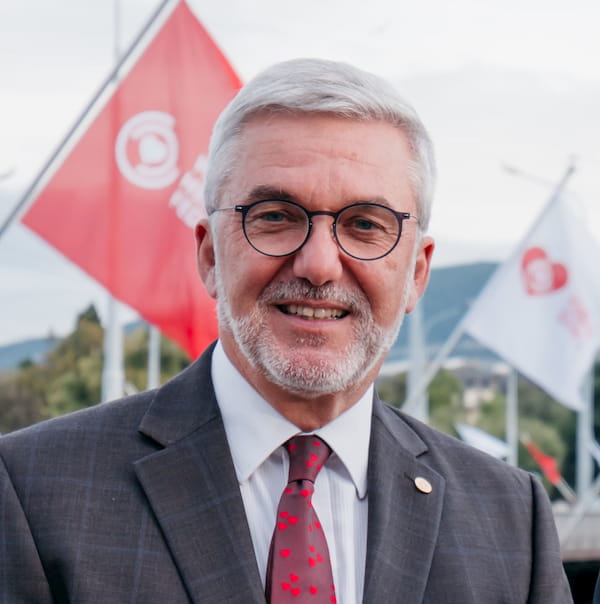
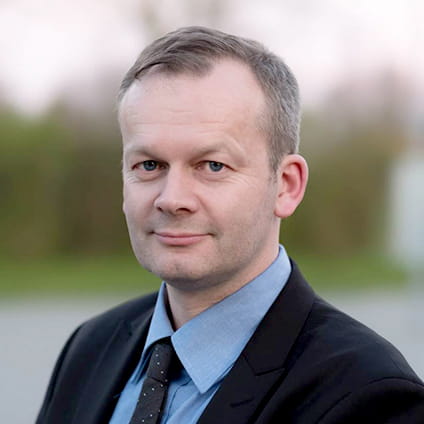


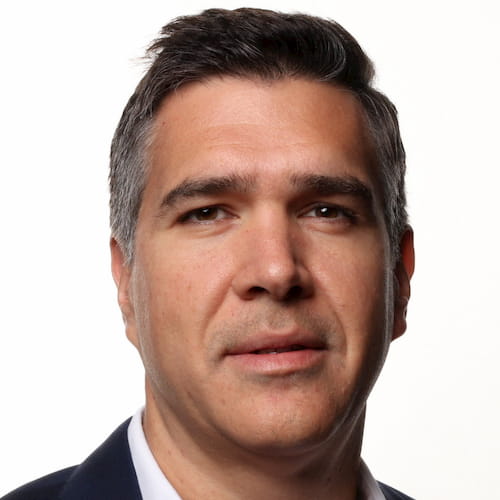

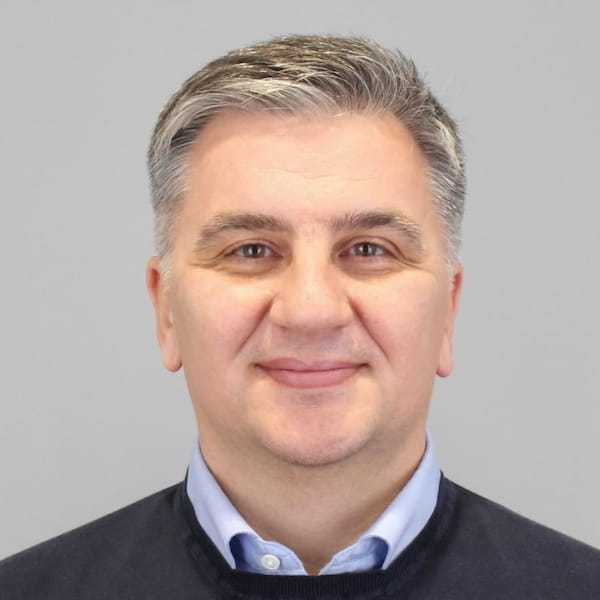
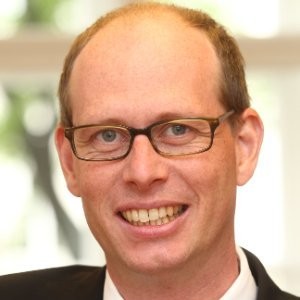
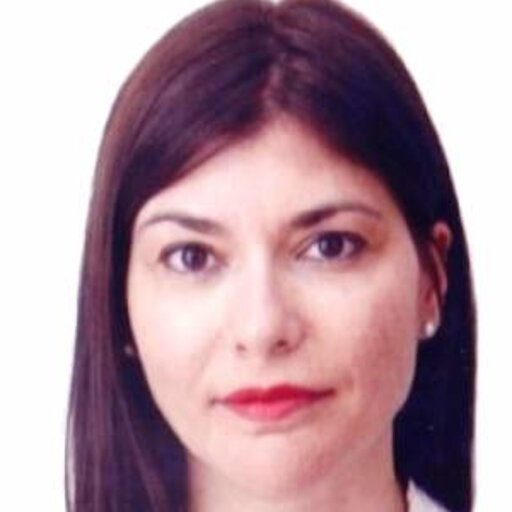
Fundamental health inequalities and the social determinants of health continue to dominate health politics across the world.
Health systems’ sustainability and transformation, and public health policy gaps are major topics for all countries, regardless of GDP. The digitalisation of health, combined with the responsible use of health data are critical enablers.
Global progress on CVD is flatlining. Though rates of CVD deaths globally have fallen in the last three decades, this trend has begun to stall and, without concerted efforts, is at risk of reversing[3]. Notwithstanding, the Sustainable Development Goal 3 on health aspires to a reduction by one third of premature mortality from non-communicable diseases by 2030 through prevention and treatment.
There is now a positive political thrust towards Cardiovascular Health rather than cardiovascular disease, and primordial, primary and secondary prevention, at both global and European levels[4], although more efforts are needed to achieve this “switch” in approach.
A new framework for healthcare is emerging in some countries, which is predictive, preventative, personalised, and participatory (also known as the 4 Ps of medicine). The science of genomics is gaining momentum in the field of CVD, supporting the identification of risk factors, diagnosis and personalised treatment.
There is a new recognition of the importance of personalised prevention at every stage and the need to identify new and different approaches, based on trust and confidence, built around people and society’s needs. Strong examples are apparent in the cancer field.